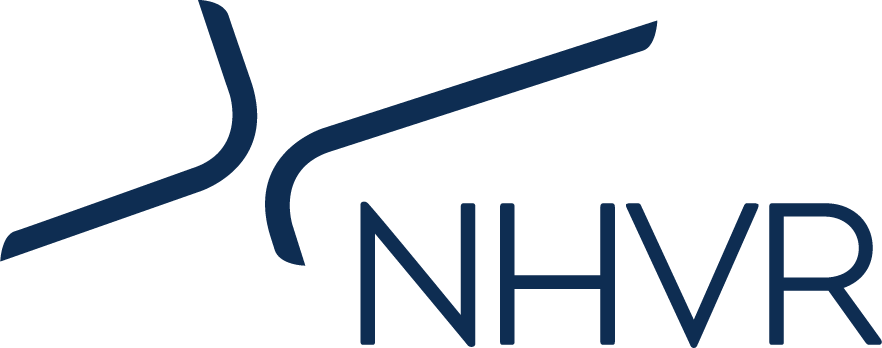Heavy vehicle operators can apply for accreditation under the three National Heavy Vehicle Accreditation Scheme (NHVAS) modules:
- Mass Management
- Maintenance Management
- Fatigue Management (Basic or Advanced).
Operators can also include their sub-contractors in their accreditation, provided they operate full-time for the accreditation holder and the sub-contractor agrees to comply with the standards for accreditation.
The following guides are an introduction to each module and summarise what you need to do to qualify for accreditation and stay qualified.
Mass Management
Operators accredited in the Mass Management module can access additional mass concessions. These concessions allow vehicles to operate at Concessional Mass Limits (CML) for general access to the road network.
With Mass Management you can make fewer trips, carrying more, by operating at Concessional Mass Limits on the general access road network. Some of the benefits include:
- increased productivity
- increased mass for a nominated heavy vehicle by up to 5% above General Mass Limits
- up to 1t more for a vehicle or combination with an allowable Gross Vehicle Mass (GVM) not exceeding 55t
- up to 2t more for combinations with an allowable GVM exceeding 55t
- longer vehicle life and lower maintenance costs
- reduced risk of penalties arising from mass offences.
In Mass Management, the truck or hauling unit only needs to be nominated. However, as soon as the trailer forms part of a combination with a Mass Management nominated truck or hauling unit, the trailer becomes a nominated vehicle and must operate according to the Accreditation Standards.
Operators accredited in mass or maintenance management must make sure that:
- your drivers carry an interception report book and produce it when directed, stopped or asked by an authorised officer
- your vehicle displays a current accreditation label with an individual label number
- you continue to comply with the relevant standards and business rules.
Maintenance Management
Operators accredited in the Maintenance Management module must maintain their vehicles and comply with all relevant road transport legislation. Some jurisdictions require annual inspections as part of the registration process, but grant exemptions to vehicles with maintenance management. In Maintenance Management, a truck, hauling unit and the trailers are required to be listed in the scheme to receive the benefits.
With Maintenance Management, you’ll see the benefits in reduced vehicle downtime and improved overall vehicle safety. Some of the other benefits include:
- an alternative to taking vehicles to inspection stations for mandatory annual mechanical inspection
- increased vehicle life
- fewer breakdowns and broken delivery deadlines, and improved road safety
- reduced risk of penalties for faulty vehicles or equipment.
Fatigue Management
The Fatigue Management module includes two options, Basic Fatigue Management (BFM) and Advanced Fatigue Management (AFM).
With Fatigue Management you have greater flexibility in how you manage your work and rest hours. Some of the benefits include:
- more flexible work and rest hours with Basic Fatigue Management
- genuine risk management approach to managing driver fatigue with Advanced Fatigue Management
- simpler schedules
- less compliance stress for drivers
- routes completed more effectively than your competitors.
Basic Fatigue Management (BFM) - Operators with BFM accreditation can operate under more flexible work and rest hours, allowing for (among other things) work of up to 14 hours in a 24-hour period. BFM gives operators some flexibility regarding when drivers can work and rest, if the risks of driver fatigue are properly managed.
Advanced Fatigue Management (AFM) - AFM brings a genuine risk management approach to managing heavy vehicle driver fatigue. Rather than prescribing work and rest hours, AFM offers more flexibility than standard hours or BFM in return for the operator demonstrating greater accountability for managing their drivers’ fatigue risks. For more information, see Advanced Fatigue Management (AFM).
Operators accredited in Fatigue Management must make sure that:
- Your drivers carry:
- a copy of the accreditation certificate;
- a document signed by the operator stating the driver has been inducted into the relevant management system and meets the requirements relating; to drivers operating under the operator's heavy vehicle accreditation;
- a National Driver Work Diary (unless exempt);
- a document stating the AFM operating limits if operating under AFM (this may form part of the AFM accreditation certificate).
- You continue to comply with the relevant standards and business rules.
Training requirements
All drivers operating under BFM or AFM are required to demonstrate their competency with TLIF0005 - Apply a fatigue risk management system.
All schedulers who schedule drivers under a BFM or AFM accreditation are required to demonstrate their competency with TLIF0006 - Administer a fatigue risk management system.
The purpose of the fatigue units of competency is to provide drivers, schedulers, supervisors, administrators and managers with information critical to effectively manage the risk of fatigue in road transport operations.
Find an NHVAS-approved Registered Training Organisation (RTO).
Physical examination requirements
Drivers in fatigue management are required to undertake periodic physical examinations to make sure they are fit to drive. Drivers need to visit their doctor to do a medical examination that complies with the document, Assessing Fitness to Drive, produced by AustRoads and the National Transport Commission (NTC).

 Accessibility tools
Accessibility tools

